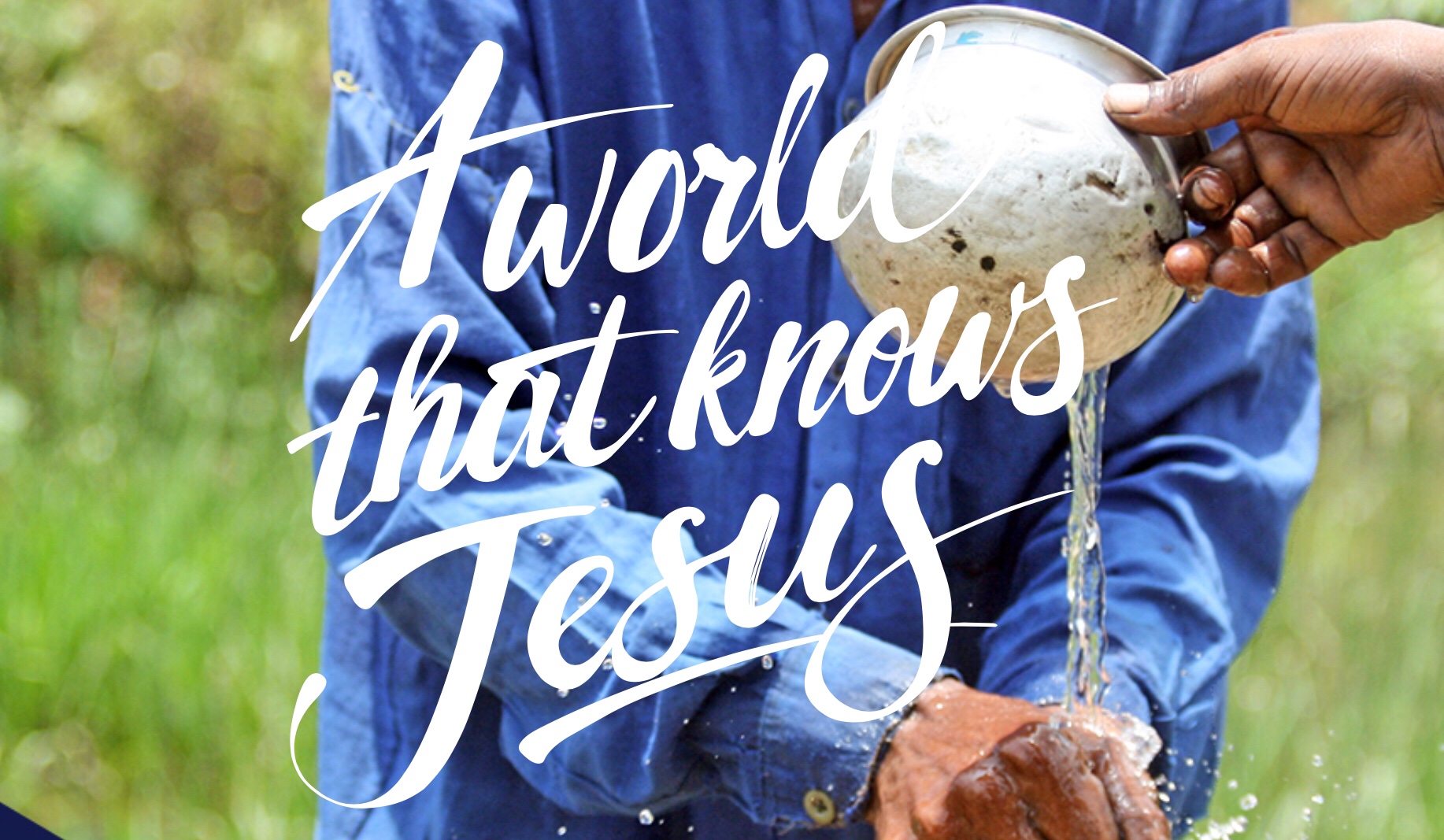It’s too costly to lose free speech

(CREDIT: RebeccaBarray via flickr.com)
When our nation debated the redefinition of marriage, there were moments when things were said that were difficult to hear.
Yet, it was vital that we felt the liberty to openly and honestly share our convictions and beliefs.
The mark of a healthy democratic society is the ability to speak freely about what we hold dearly, and as we consider the nature of freedom of speech and religion, it is vital that Australia maintains the liberty to say what we think, so that our society can work out what is right.
Many religious and ethical views are controversial, and they will inevitably cause some strong emotions.
When people say things about Jesus that we know are untrue or unkind, we can feel upset and even angry.
Yet, it would be tragic if people felt gagged to talk about things that might clash with what others believe.
For the sake of the truth, all Australians need to feel free to say what they believe, so that each of us can engage with those views, and allow healthy debate about what is right in heaven and on earth.
If you believe in the value of freedom of speech and religion, then I’d like you to consider making a submission to the ‘Religious Freedom Review’.
I’m told that the most valuable thoughts would be real-world examples of concern you might know of in Australia or other parts of the world.
Please pray for this ‘Ruddock Review’, and please consider visiting this link to make a brief submission before the 14th February: https://pmc.gov.au/domestic-policy/religious-freedom-review
Jesus is controversial, and his words will challenge people to their very heart.
Let’s pray and act so that our nation might continue to be open to hear the radical words of Christ, who created us, rules us, and gave his life for us.
Jodie.








